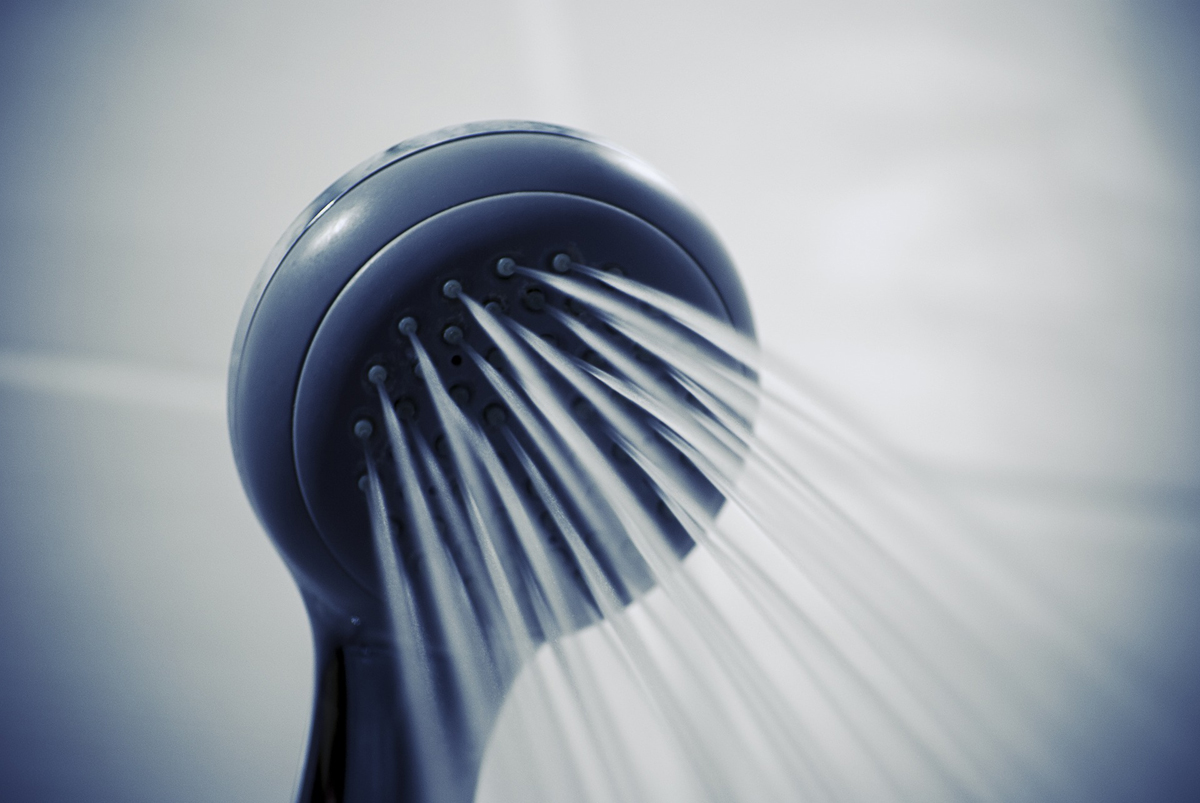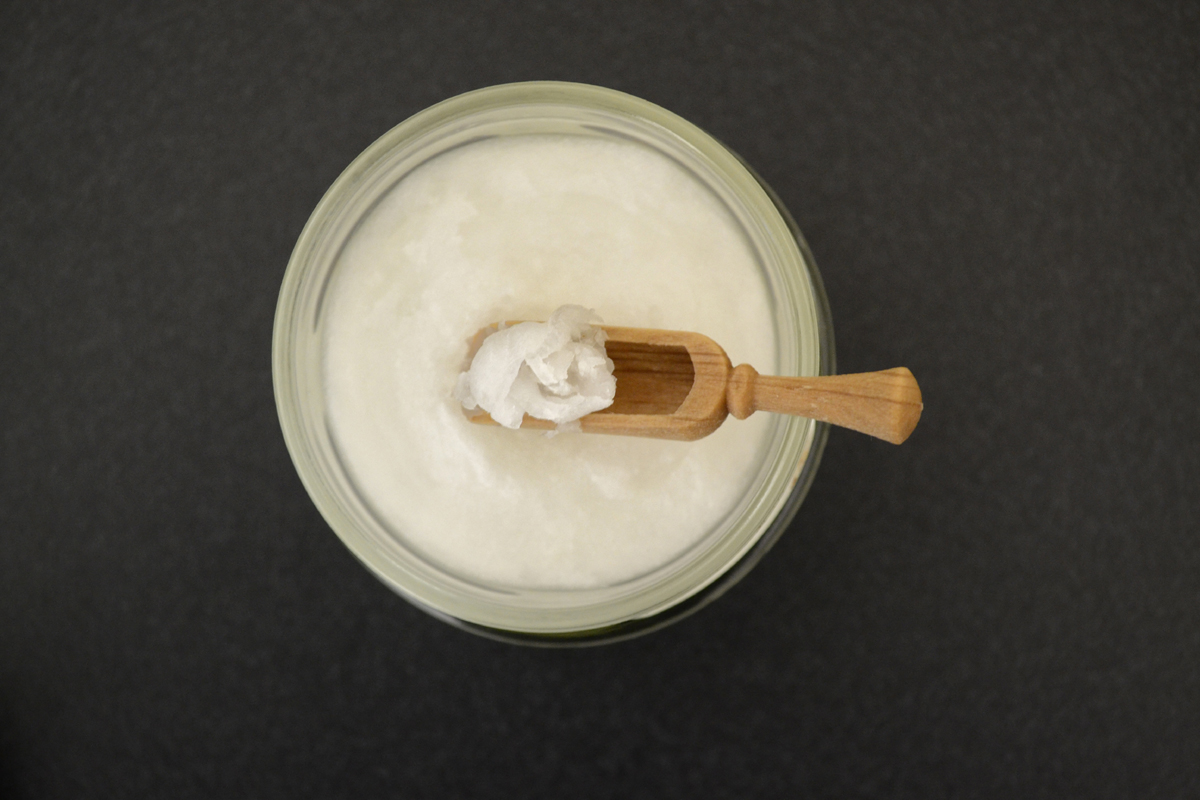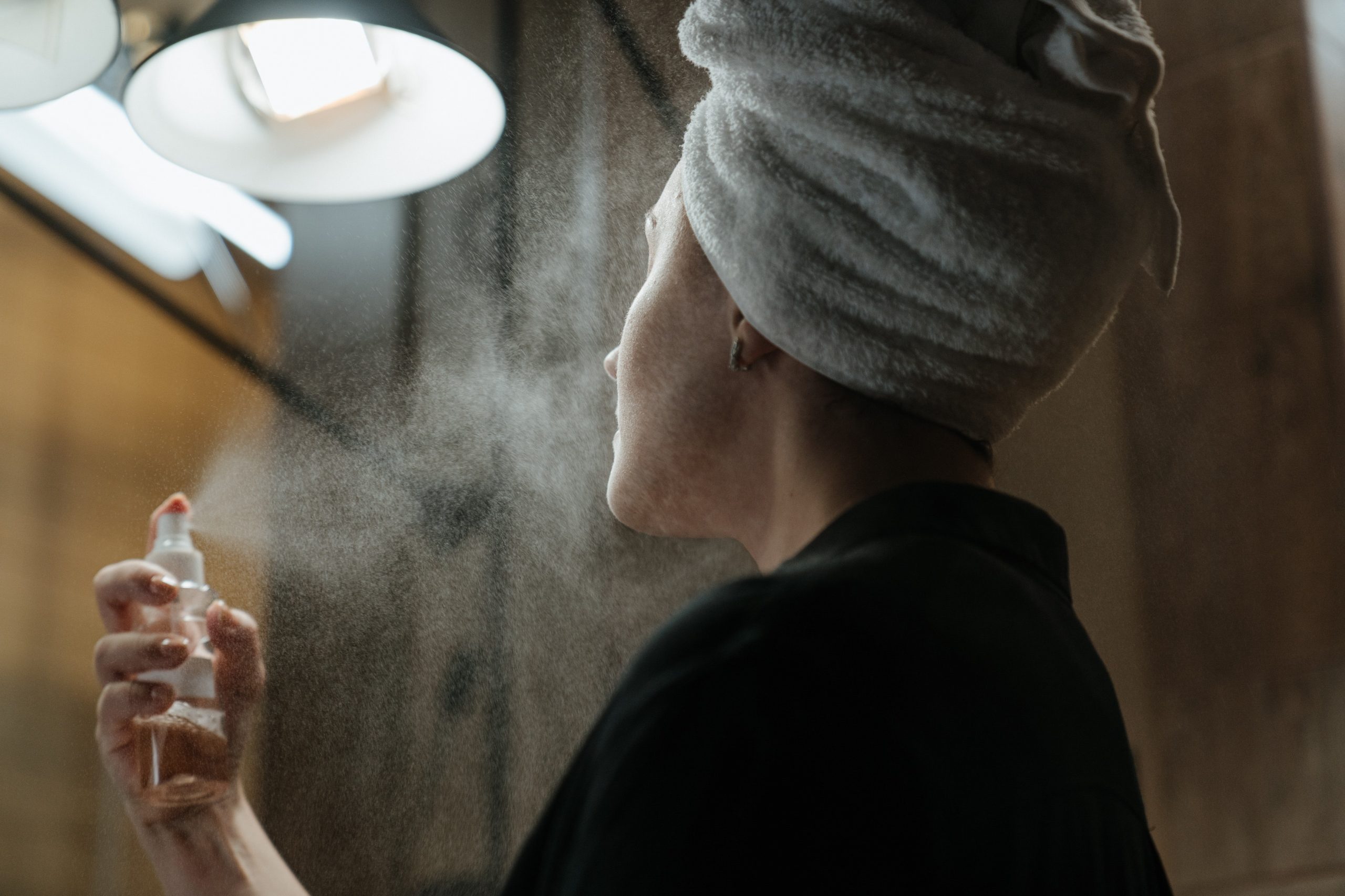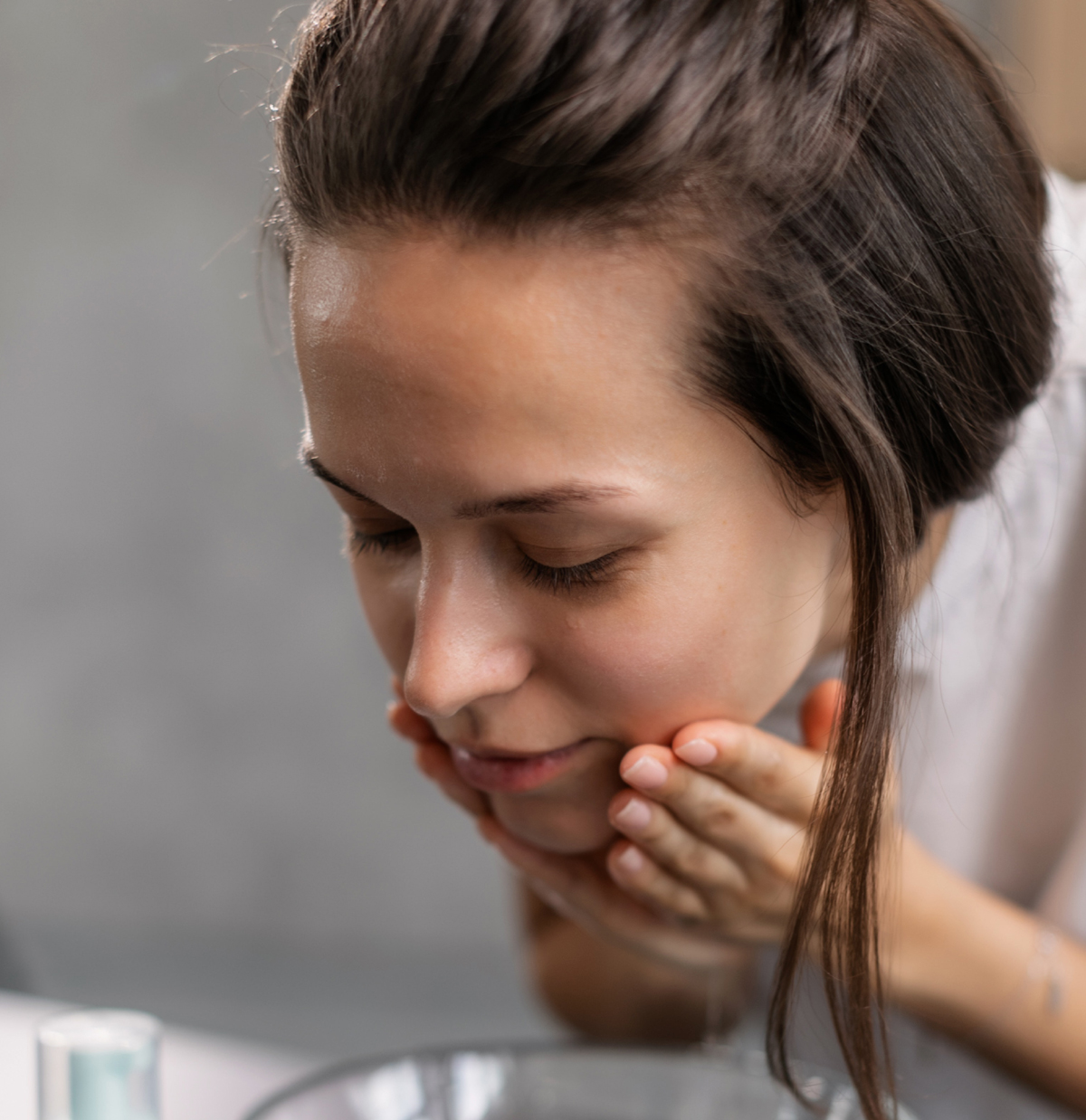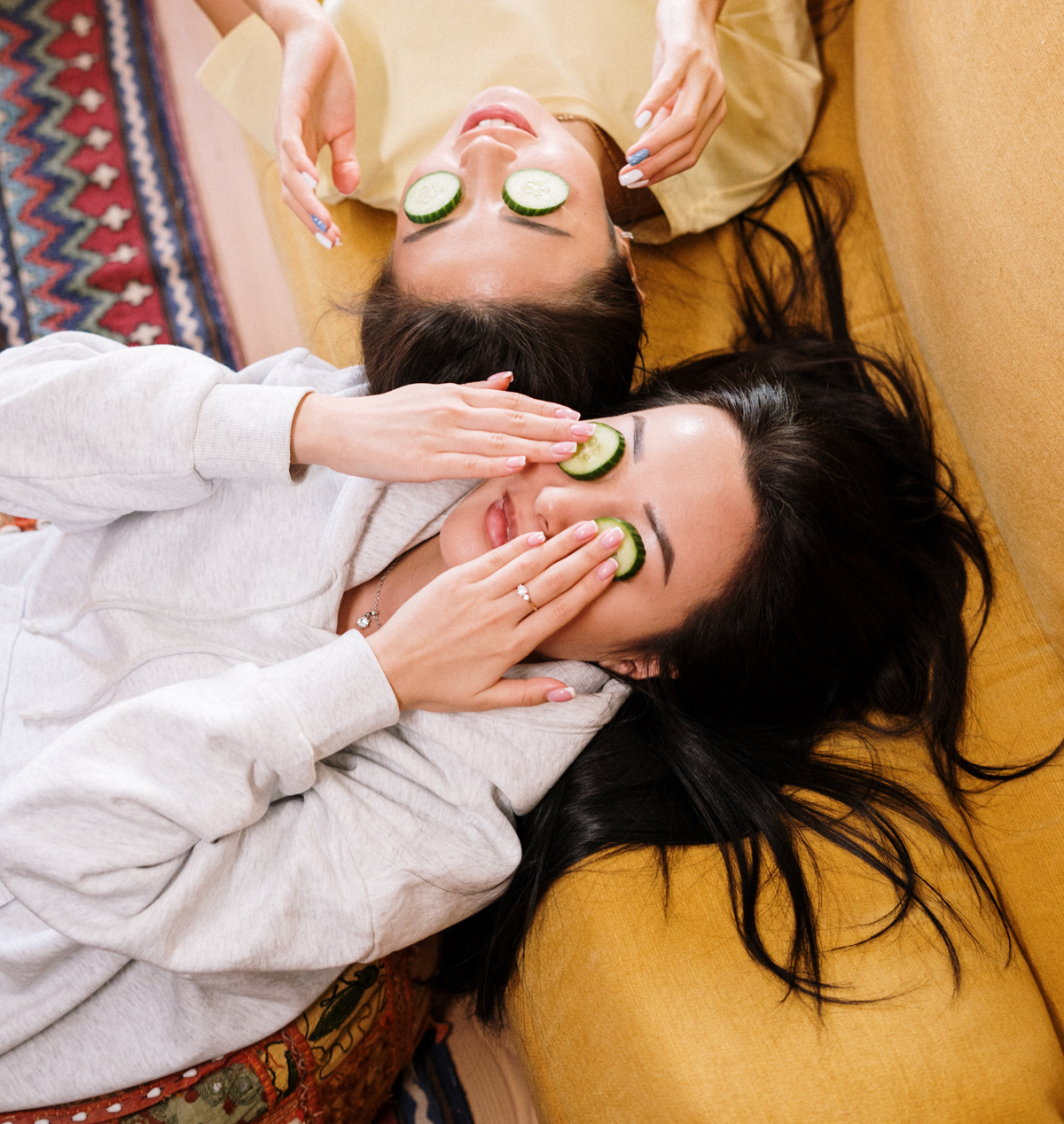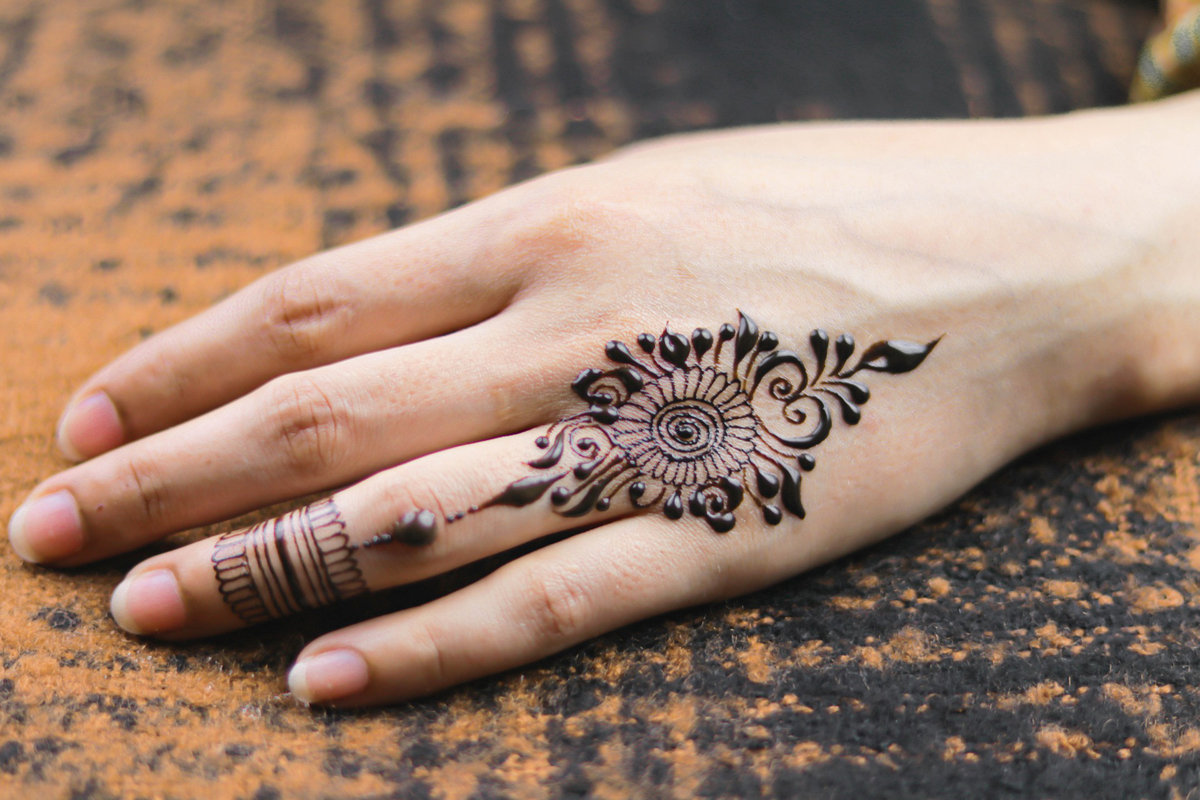Herbal Remedies for Eczema
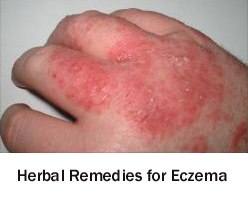
Eczema is a very common condition, and it affects all races and ages, including young infants. About 1-2 percent of adults have eczema, and as many as 20 percent of children are affected. It usually begins early in life, even before asthma or hay fever. Most affected individuals have their first episode before age 5 years.
The term eczema refers to a number of different skin conditions in which the skin is red and irritated and occasionally results in small, fluid-filled bumps that become moist and ooze. The most common cause of eczema is atopic dermatitis, sometimes called infantile eczema although it occurs in infants and older children. Eczema is term for a group of medical conditions that cause the skin to become inflamed or irritated.
The most common type of eczema is known as atopic dermatitis, or atopic eczema. Atopic refers to a group of diseases with an often inherited tendency to develop other allergic conditions, such as asthma and hay fever.
Causes
The exact cause of eczema is unknown, but it’s thought to be linked to an overactive response by the body’s immune system to a bacterium that normally lives on the skin or an irritant.
In addition, eczema is commonly found in families with a history of other allergies or asthma.
Some people may suffer “flare-ups” of the itchy rash in response to certain substances or conditions. For some, coming into contact with rough or coarse materials may cause the skin to become itchy. For others, feeling too hot or too cold, exposure to certain household products like soap or detergent, or coming into contact with animal dander may cause an outbreak. Upper respiratory infections or colds may also be triggers. Stress may cause the condition to worsen.
Although there is no cure, most people can effectively manage their disease with medical treatment and by avoiding irritants. The condition is not contagious and can’t be spread from person to person.
Herbal Remedies for Eczema
Add 1 tsp camphor to 1 teaspoon sandalwood paste and apply on the affected eczema areas. Rub a nutmeg against a smooth stone slab with a little water and make a paste. Apply to affected eczema area.
Apply a teaspoon of sandalwood paste mixed with a teaspoon of camphor to the affected areas.
Boil 200 grams of mustard oil in an iron vessel. In the boiling oil add 50 grams of fresh clean leaves of neem. When the leaves turn black, stop heating, cool the oil and sieve it. Apply this oil 4 times a day. If applied for a year the problem will never occur again. This is good herbal remedy for eczema.
Rosemary
Rosemary is an aromatic evergreen mint that grows to a height of about three feet (one meter). It bears narrow, thick, needle-like green leaves and pale blue to violet flowers. The leaves and the essential oil distilled form the leaves are used in herbal medicine.
Herbal remedies for eczema can come from all over the world. Burdock root and the Chinese herb, bupleurum, both cause improvement in your skin. The liver herb, Milk Thistle, is a great help with eczema and liver related problems. Gout Kola, the Indian plant, usually applied as a salve on cracked or broken skin is also a good healer. The Rudolf Stiftung Hospital in Vienna, Austria uses these herbs as injections and salve to hasten the healing process.
Burdock
Burdock has long played an important role in Native American herbal medicine, and American herbalists have used the roots and seeds of this plant for centuries as well.
The most common traditional uses of this herb are as a “blood purifier” used to clear the bloodstream of toxins, as a diuretic to promote the excretion of urine, and as a topical remedy to relieve skin problems.
National Eczema Society – Information and Advice
The Author:
Peter Sams



